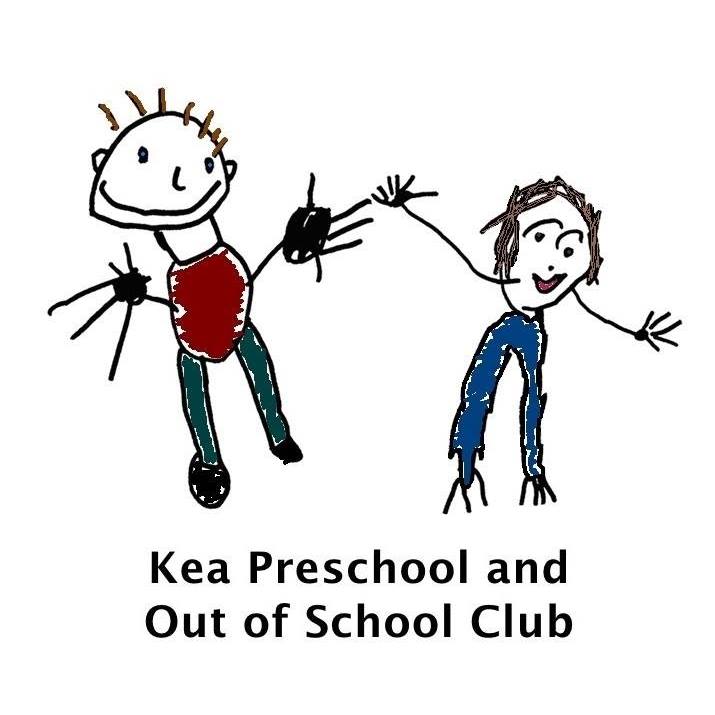Working in partnership with other agencies
Policy statement
We believe that families are central in all services we provide for young children. They are involved in all aspects of their child’s care, their views are actively sought and they are actively involved in the running of the setting in various ways.
We work in partnership with local and national agencies to promote the well-being of all children.
Families
- Parents are provided with written information about the setting, including the setting’s safeguarding actions and responsibilities under the Prevent Duty
- Parents are made to feel welcome in the setting; they are greeted appropriately, there is adult seating and provision for refreshment.
- Every effort is made to accommodate parents who have a disability or impairment.
- The expectations we make on parents are made clear at the point of registration.
- There is a clear expectation that parents will participate in settling their child at the commencement of a place according to an agreed plan.
- There is sufficient opportunity for parents to share necessary information with staff and this is recorded and stored to protect confidentiality.
- Key persons support parents in their role as the child’s first and most enduring educators.
- Key persons regularly meet with parents to discuss their child’s learning and development and to share concerns if they arise.
- Key persons work with parents to carry out an agreed plan to support a child’s special educational needs.
- Key persons work with parents to carry out any agreed tasks where a child protection plan is in place.
- According to the nature of the setting, there is provision for families to be involved in activities that promote their own learning and well-being.
- Parents are involved in the social and cultural life of the setting and actively contribute.
- As far as possible the service is provided in a flexible way to meet the needs of parents without compromising the needs of children.
- Parents are involved in regular assessment of their child’s progress, including the progress check at age two, as per procedure Progress check at age two.
- There are effective means for communicating with parents on all relevant matters and Complaints procedure for parents and service users is referred to when necessary.
- Every effort is made to provide an interpreter for parents who speak a language other than English and to provide translated written materials.
- Information about a child and their family is kept confidential within the setting. The exception to this is where there is cause to believe that a child may be suffering, or is likely to suffer, significant harm, or where there are concerns regarding their child’s development that need to be shared with another agency. Parental permission will be sought unless there are reasons not to, to protect the safety of the child.
- Parental consent is sought to administer medication, take a child for emergency treatment, take a child on an outing and take photographs for the purposes of record keeping.
- Parents’ views are sought regarding changes in the delivery of the service
- Parents are actively encouraged to participate in decision making processes via a parent forum.
- There are opportunities for parents to take active roles in supporting their child’s learning in the setting: informally through helping out or activities with their child, or through structured projects engaging parents and staff in their child’s learning.
Agencies
- We work in partnership or in tandem with local and national agencies to promote the wellbeing of children.
- Procedures are in place for sharing of information about children and families with other agencies, as out in procedures Confidentiality, recording and sharing information.
- Information shared by other agencies (third party information) is also kept in confidence and not shared without consent from that agency.
- When working in partnership with staff from other agencies, individuals are made to feel welcome in the setting and professional roles are respected.
- Staff follow the protocols for working with agencies, for example on child protection.
- Staff from other agencies do not have unsupervised access to the child they are visiting in the setting and do not have access to any other children during their visit.
- Staff do not casually share information or seek informal advice about any named child/family.
- We consult with and signpost to local and national agencies who offer a wealth of advice and information promoting staff understanding of issues facing them in their work and who can provide support and information for families. For example, ethnic/cultural organisations, drug/alcohol agencies, welfare rights advisors or organisations promoting childcare and early education, or adult education.
Schools
- Settings work in partnership with schools to assist children’s transition to school, and share information as per procedure Transfer of records.
The setting manager actively seeks to forge partnership with local schools with the aim of sharing best practice and creating a consistent approach
| This policy was adopted by | Kea Preschool Ltd |
| Adopted On | 1st October 2021 |
| Date reviewed | 25th October 2023 |
| Date to be Reviewed | October 2024 |
| Signed on behalf of the provider | TMKEMP |
| Name of signatory | Tracey Kemp |
| Role of signatory (e.g. chair, director or owner) | Manager |

